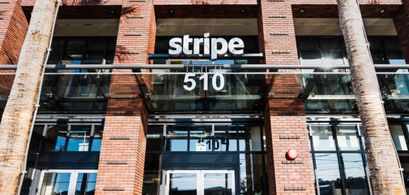- Stripe has announced that it will be Zara's payments partner for the Zara Pre-owned offering.
- The move is in line with Stripe's strategy modification that involves working with large business clients.
Stripe has announced its selection as Zara’s payments partner for the company’s pre-owned clothing marketplace, Zara Pre-Owned. With Stripe Connect, its financial infrastructure meant for businesses, it is set to facilitate payment processing.
Stripe’s strategy
Stripe is a renowned payment service provider whose infrastructure is used by an array of companies worldwide. However, in the recent past, it has shifted its focus from just assisting and accepting online payments to working with large firms. It is now working in partnership with the likes of Amazon, Zoom, Airbnb, and Uber.
Its latest partnership with Zara further points to this strategy modification. Stripe has over 100 large business clients that handle payments of over $1 billion via its infrastructure.
With regard to the latest partnership, Stripe’s head of global sales, Eileen O’Mara stated, “Sustainability in retail is finally receiving the attention it deserves to help protect our fragile planet. We’re thrilled that Zara has chosen Stripe as they lead the way”.
Through the Stripe-Zara collaboration, the latter will use Stripe Connect for the transfer of funds between the sellers and buyers of pre-owned Zara items. This means that Zara can now fully focus on the customer experience while leaving everything payments-related to Stripe.
Currently, Zara Pre-Owned is available in the UK. In the year’s second half, the firm expects to expand this offering to other European countries.
Stripe’s financials
Stripe’s recently announced partnerships come at a time when the payments service provider has expressed optimism that it will hit profitability in 2023. It has highlighted that it is on track to process payments worth $1 trillion and forecasts an adjusted EBITDA of $100 million for the year.
Even so, its latest annual user letter showed that its payment volume growth slowed in 2022. This is despite acquiring more large business clients.
Contributors








.svg)


